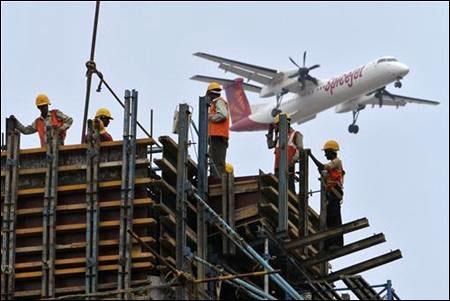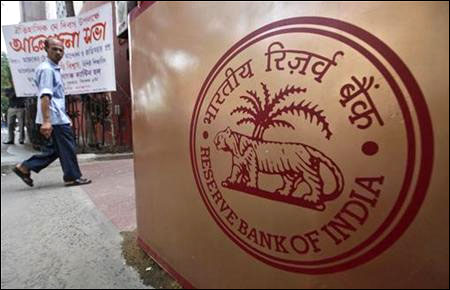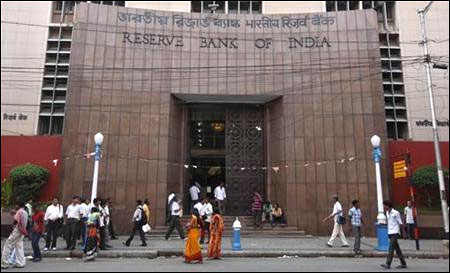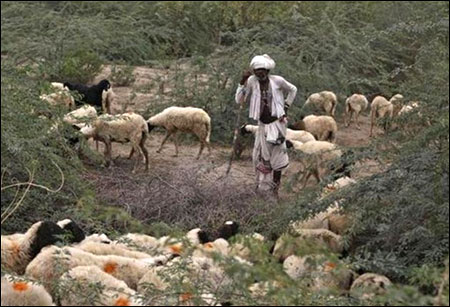 | « Back to article | Print this article |
Growth may be back on track next year, says RBI
The positive intent shown by the government recently on key reforms such as foreign direct investment in key sectors such as insurance, retail, aviation and urban infrastructure seems to have enthused the country's central bank.
In its annual report released on Thursday, the Reserve Bank of India (RBI) said while the economic growth scenario was still gloomy, there was a ray of hope that growth would pick up later in the year. That hope, of course, hinges on how fast the government delivers on its promises.
Click on NEXT for more...
Growth may be back on track next year, says RBI
RBI Governor Duvvuri Subbarao said the government's promises made in August 2012 should result in growth picking up by the end of the financial year and return to the trend rate in 2013-14.
Subbarao, who was appointed by the new finance minister, P Chidambaram, in September 2008 when the country was fighting the contagion of the global financial crisis, will demit office after one year.
"The government in August 2012 has promised to take several steps to address macroeconomic weakness. As these steps materialise, growth could gradually start improving later this year and the trend growth can be restored next year," the RBI said in its annual report.
For 2012-13, the RBI projects 6.5 per cent economic growth while inflation is expected to stay sticky, around seven per cent.
Click on NEXT for more...
Growth may be back on track next year, says RBI
In Subbarao's prescription, sticking to the fiscal and subsidy deficit target is top priority. However, based on current indications, the RBI feels fiscal targets will again be missed this financial year if immediate remedial measures such as sticking to the subsidy cap and the envisaged large tax buoyancies are not effected.
As there is limited scope for fiscal and monetary stimuli, the central bank has suggested an expenditure switch policy, which will reduce revenue by cutting subsidy and use the resources released to beef up public capital expenditure.
"This (expenditure switch) would provide some space for monetary policy, but lower interest rates alone are unlikely to jump-start the investment cycle," the RBI's annual report said.
Click on NEXT for more...
Growth may be back on track next year, says RBI
The central bank highlighted the need to address the twin deficits - fiscal and current account - to contain risks to macrofinancial stability.
"The current assessment suggests they are likely to stay wide in 2012-13 in the absence of a sufficient policy response and no improvement in the business cycle conditions," it said.
The RBI said debt capital inflows, norms for which were relaxed in recent months to arrest the rupee slide, were not permanent in nature and had a long-term cost for debt sustainability.
The central bank also suggested the adoption of the Singapore model to make doing business easy. The model entails stakeholders and ministers sitting together to quickly give a decision on clearing investment projects.




